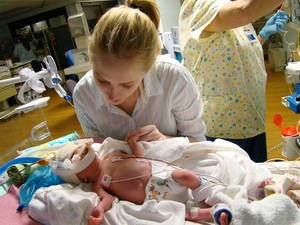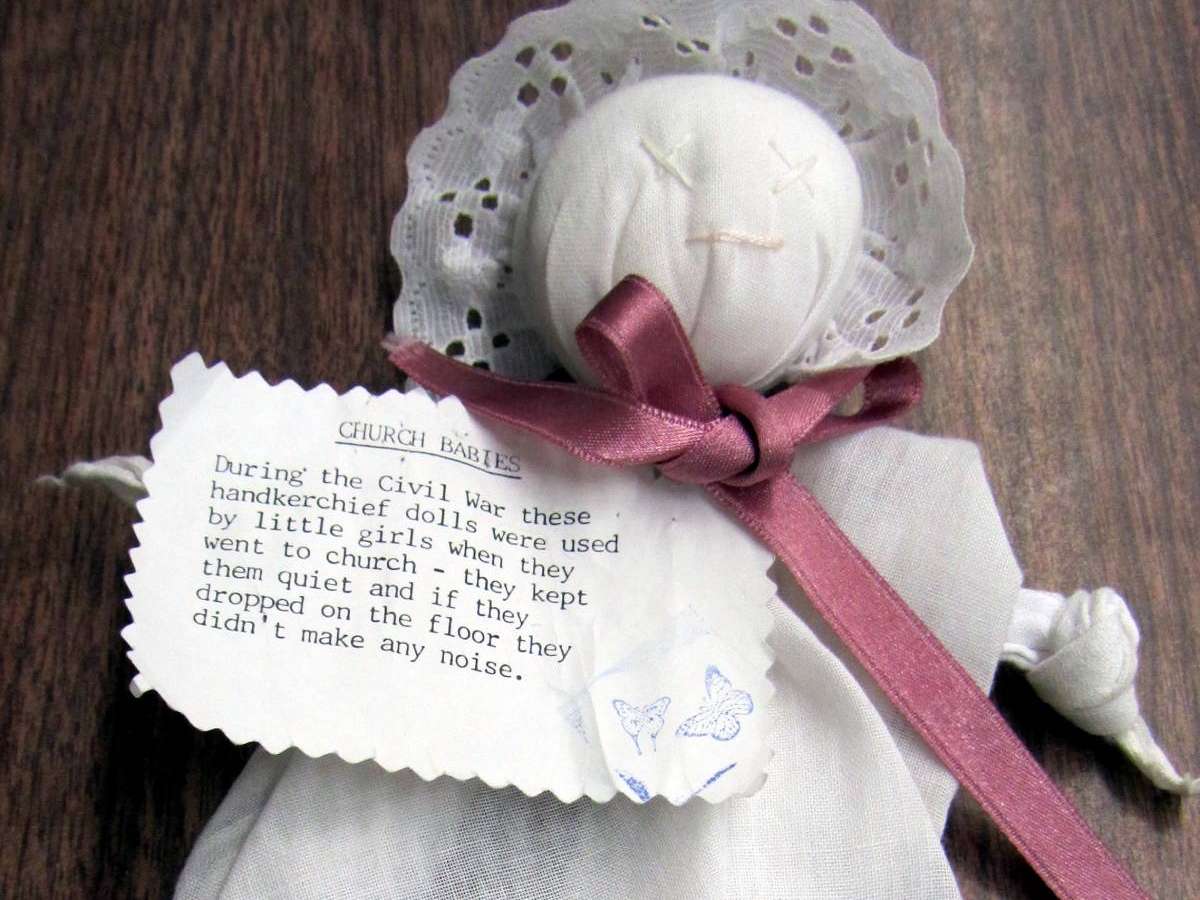 Being a parent is no easy task, especially when your new bundle of joy is very tiny and possibly extremely fragile.
Being a parent is no easy task, especially when your new bundle of joy is very tiny and possibly extremely fragile.
Fear and worry are a natural part of parenting but these two emotions are intensified when your baby is premature.
Here are some important things to know about your premature baby…
Prematurity Defined
Prematurity is defined as an infant born before 37 weeks gestation.
The 3 important factors of prematurity are:
- The baby’s weight
- His ability to breathe on his own
- His ability to drink and digest milk
As your baby grows and develops, it will be these 3 things you will be monitoring.
Degrees of Prematurity
Once a woman has reached 22 weeks in her pregnancy, the baby is considered viable.
This means the lungs are able to pump air and the baby has everything it needs to survive life outside the womb.
A baby born this early, however, will have some severe medical needs and a lengthy hospital stay.
Every day spent in utero makes a big difference to the baby.
A baby born between 32 and 35 weeks will face some respiratory stress and most likely require oxygen for awhile as the lungs continue to develop, but is much less likely to come down with a severe infection as a baby born before 32 weeks.
Babies who are born at or after 37 weeks gestation are considered full-term babies and should be a healthy size and weight.
Important Preemie Baby Milestones
Most baby books talk about milestones like the first smile, the first time sleeping through the night and the first time trying solid food. When it comes to premature babies, however, we look for different milestones.
Preemies are very special to care for because, as the days pass, you are getting closer to the date your baby was due, known as the due date. Once you reach the due date, your baby will be much closer to a normal size and weight.
Incubators are like medical wombs for premature babies and you will see, as the weeks pass, your baby become a full-term baby ready to go home.
Even though you have to endure time in Neonatal Intensive Care unit (NICU) , there will be things to celebrate such as the very first time you get to hold your baby.
Moving from the incubator to a regular crib is a huge milestone because it means your baby is finally regulating her own temperature and no longer needs to be so isolated.
Another big step is taking away feeding tubes and being able to feed your baby. All of these moments should be cherished and celebrated the way you will celebrate other things your little one will learn to do over the years.
Adjusted Age vs. Actual Age
When you bring your baby home, you have to remember he is still premature. Just because you have left the NICU does not mean your baby is now a full-term baby. You have a premature baby who is now healthy. This is important to remember for developmental milestones.
For example, a 2-month-old baby, who was born full term, will begin making a lot of cooing and gurgling sounds and start to find their voice. All of this is early communication and is very exciting.
However, a premature baby at 2 months old may have just learned to digest milk and finally come home from the hospital. They will be acting very much like a newborn rather than a 2-month-old.
This is where we talk about adjusted age versus actual age.
Let’s say the 2-month-old preemie was 5 weeks early. This means his actual age is 2 months, but his adjusted age is only 3 weeks and, therefore, he is at the developmental level of a 3-week-old. To determine his adjusted age, you have to deduct the number of weeks he was born too early from his actual age.
The Bigger Picture
In the first few weeks of life, babies grow and develop at a rapid pace. A premature baby will seem very much behind a full-term newborn, and even as the months pass will seem behind in terms of development.
However, the more time that passes, the more premature infants catch up to full-term infants. By their first birthday, most will just be regular 1-year-olds learning to walk, talk and feed themselves birthday cake.
The first year is truly a miracle, and for parents of preemies that first birthday is certainly one to celebrate!



